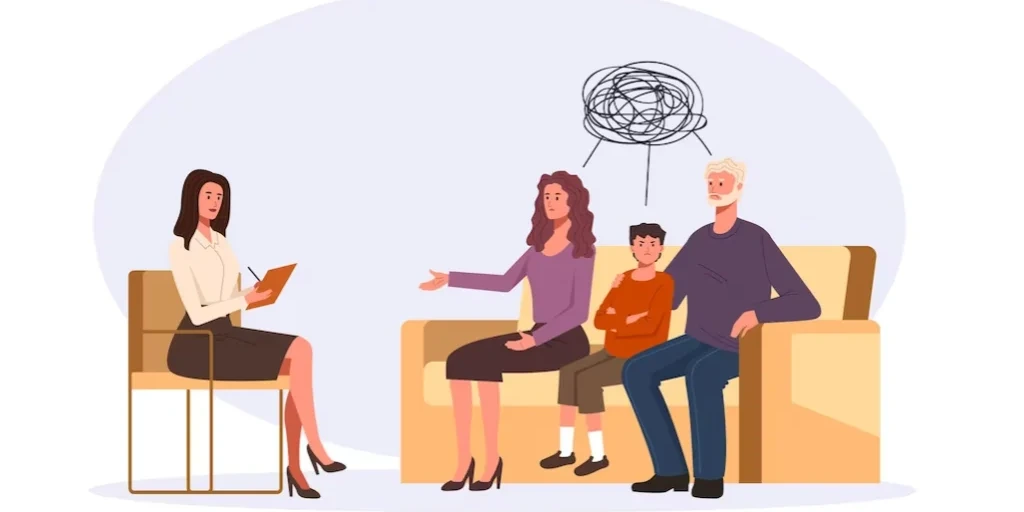24/7 Helpline:
(866) 899-221924/7 Helpline:
(866) 899-2219
Learn more about Individual Therapy centers in Fayette County

Other Insurance Options

Kaiser Permanente

Health Partners

Optima

BlueCross

GEHA

Oxford

Lucent

Absolute Total Care

Multiplan

Highmark

BHS | Behavioral Health Systems

Access to Recovery (ATR) Voucher

Coventry Health Care

Sutter

BlueShield

WellCare Health Plans

Magellan

Molina Healthcare

AllWell

UnitedHealth Group

Georgia Addiction Treatment Center
Georgia Addiction Treatment Center (GATC) is a CARF-accredited drug and alcohol rehab located in Pea...

Grace Harbour
Grace Harbour is an outpatient mental health clinic that serves individuals from all ages in a holis...

Turning Point New Directions
Turning Point New Directions is a counseling clinic located in Tyrone, GA. Turning Point New Directi...

The Insight Program
The Insight Program is a private rehab located in Tyrone, Georgia. The Insight Program specializes i...

Pyramid Healthcare – Pine Ridge Manor Halfway House for Men
Pyramid Healthcare - Pine Ridge Manor Halfway House for Men is located in Tyrone, Pennsylvania. Pyra...




































































